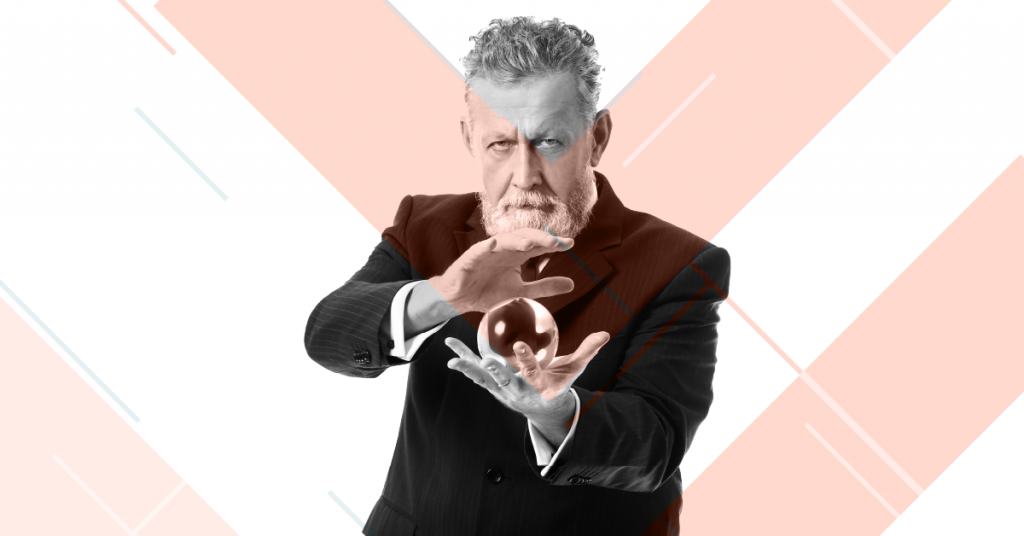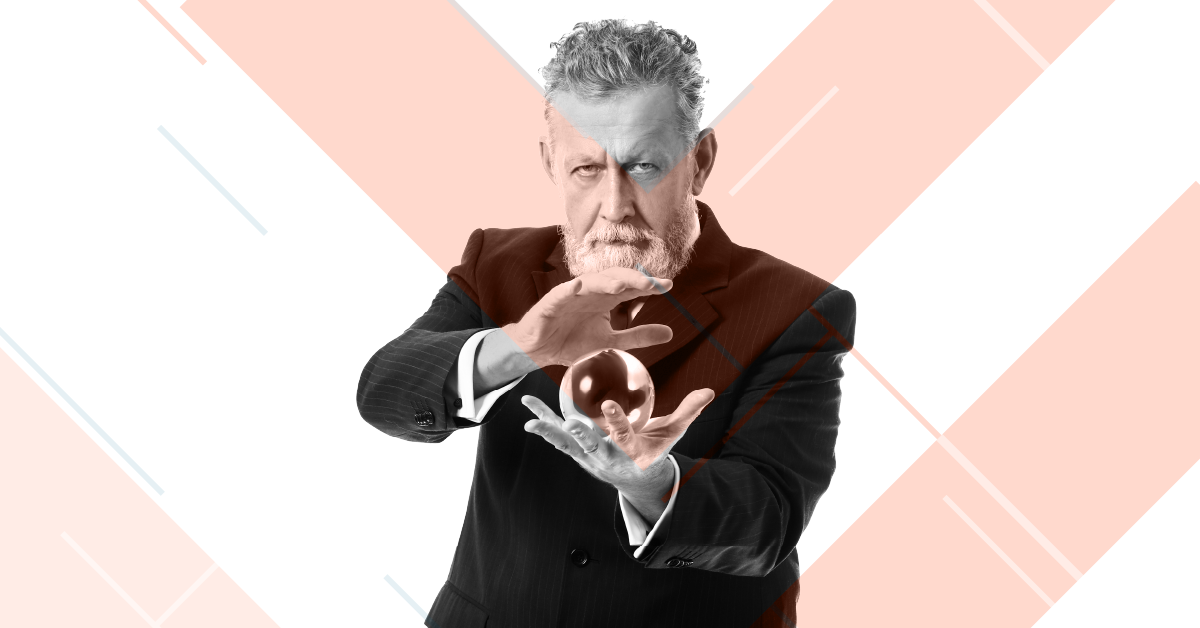Catherine Conner and Katherine Miller

We all come into a conflict with our own stories, whether we are the parties, a mediator, or another professional. The parties each have their own story about themselves, each other and the conflict. And as they begin, the conflict professional starts to form a hypothesis about the situation. Parties also may come in with a story about the professional, created from internet research or word of mouth.
Even the space where we work through conflict can affect the stories we tell ourselves and each other. With much of our work moving online, backgrounds during virtual meetings can give us another glimpse into the lives involved—it’s a mess in the background, their location is richly decorated, there are people milling about, etc.—these observations also help shape our stories.
So there are at least three complex stories going on in the room simultaneously —more if other parties or professionals are in the room. These stories often include strong expectations about what will happen in the process or in the outcome of the conflict. Paying attention to our stories can deepen the understanding needed to work through the parties’ conflict.
We often believe our stories to be “The Truth”, or at least substantially accurate. And because of confirmation bias, we strengthen our belief by grasping onto facts or statements that are in alignment and ignoring ones that are inconsistent. It may also be that family or friends have helped to shape our narrative and cemented our belief in it. We then predict what will happen based on our faith in our story. We know what will happen.
The conflict professional can help shine a light on the assumptions and beliefs underlying stories and make the implicit explicit. As we seek to understand what is important to someone and why, we are also helping them to examine their story and decide whether to “edit” it. And we can also examine the story we have been creating and pay attention to how it is affecting our work with the parties. What is the story I am telling myself about what will happen and should I hold it in a different way?
Helpful intuition may arise out of your story about the people but in an undefinable way. For example.if you feel in your gut the power dynamic is off in the room, it probably is even if you can’t describe how. You may be able to simply state, “something seems off,” or you may just stay open and observant. However, trusting intuition can also be tricky, as our hypothesis about what will be happen or what is going on could be off because of prior experiences, our own desire to help, transference, countertransference, or distractions. For the professional, recognizing our own implicit and explicit biases is also pivotal and one element of ourselves that we must continually strive to be more cognizant of.
When we pay attention to stories, we must do so in a way that is in alignment with the Understanding-Based Model, which prioritizes the agency and autonomy of the parties in conflict to solve their problem. In our webinar, I Knew What Would Happen, we will discuss more about the role of stories and provide insights on working with intuition and how to check and work through biases rooted in every story in the room.
